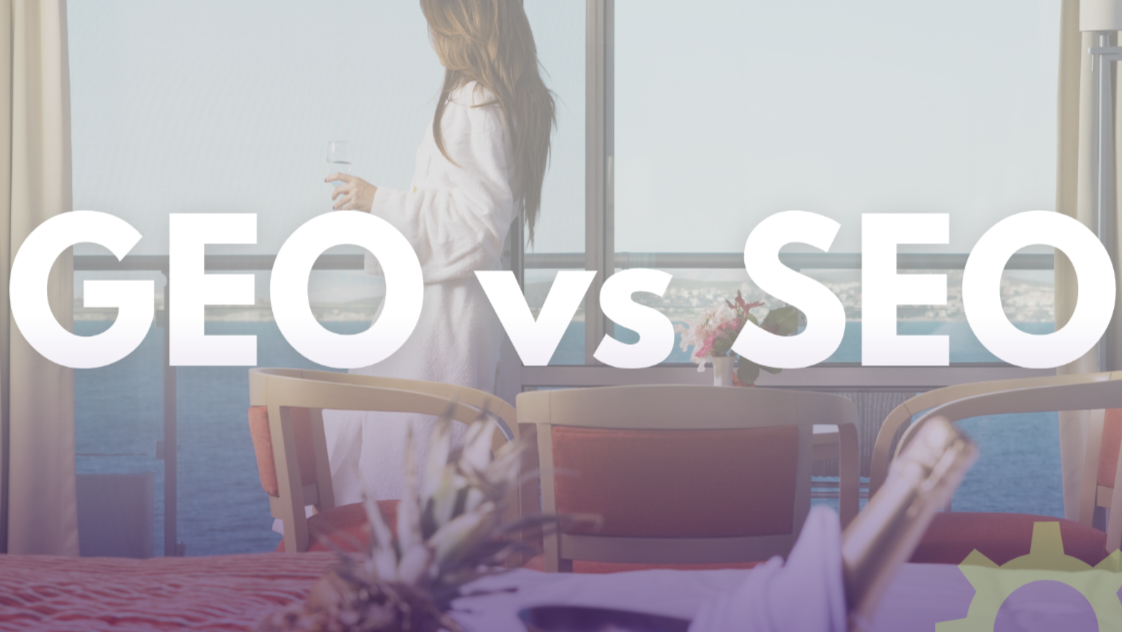In 2022, the hospitality industry saw demand strengthen as restrictions eased post-pandemic, and travelers felt more confident to start researching and booking trips again.
NB: This is an article from Cloudbeds, one of our Expert Partners
While demand is back, the pandemic and its lasting effects fundamentally changed traveler behavior, and in 2023, experience-based travel will be prominent as travelers look to make up for lost time.
Subscribe to our weekly newsletter and stay up to date
This shift will require lodging operators to develop effective messaging and marketing campaigns that closely align with their brand and guest experience across channels to drive brand awareness and win bookings.
Here we look at how the travel landscape is evolving and new hotel marketing trends to shape your marketing strategies this year.
5 trends in traveler behavior
Before we jump into marketing-specific hospitality trends, let’s look at how travel patterns are changing in 2023.
- Value-driven travel takes priority. The ways in which people travel this year will change, with travelers prioritizing value and experiences. Hoteliers need to ensure that guests feel their experience was worth the cost.
- The vanishing front desk. Travelers want more self-serve, personalized options, and with continued labor shortages, hoteliers are replacing front desk activities with digital solutions.
- Blended travel meets hybrid lodging. Blended travel is on the rise, with remote workers and digital nomads looking for flexible accommodation providers. Properties of all types have started to blend, with hotels getting into vacation rentals and vacation rentals becoming more like hotels.
- Travel search moves to video. A December 2022 survey from Google found that more than half of respondents use video in their travel research. TikTok, Instagram, and YouTube are taking over the research landscape, with Google updating its algorithm to favor short-form videos in search engine results.
- Shift from amenities to experiences. Travelers are looking for an experience when booking a trip this year. How a property’s amenities and values contribute to that experience will be prevalent. Expedia predicts that 2023 will be the year of the “no-normal,” with travelers ditching conventional travel for experienced-based travel.
2023 hospitality marketing trends
The five hospitality trends above will significantly impact hotel marketing strategies as travelers’ priorities and expectations change.
1. Google dominates hotel search
Google controls over 90% of the global search engine market, averaging 90+ billion monthly searches. Over the past few years, Google has expanded further into the travel industry and has introduced new search offerings that have significantly changed travel booking behavior. These offerings include:
- Google Free Booking Links across Maps & Search
- Google Hotel Search
- Google Hotel Ads
- Google Business Profile
Skift noted in its October 2022 Report that “Google maps isn’t a super-app yet, but it’s edging in that direction, touting 1 billion people monthly using the feature.”
What hoteliers and hosts can do to prepare:
Most of Google’s offerings (besides Hotel Ads) are free for hoteliers and hosts. To drive more direct bookings and compete on search engines, hoteliers need to optimize their Business Profile and connect their hotel rates via channel manager. Price will play a critical role on Google as hotels are positioned against other properties and online travel agencies (OTAs) in local search results. Ensure there is rate parity across your channel connections, or you risk the chance of losing out on direct bookings.





